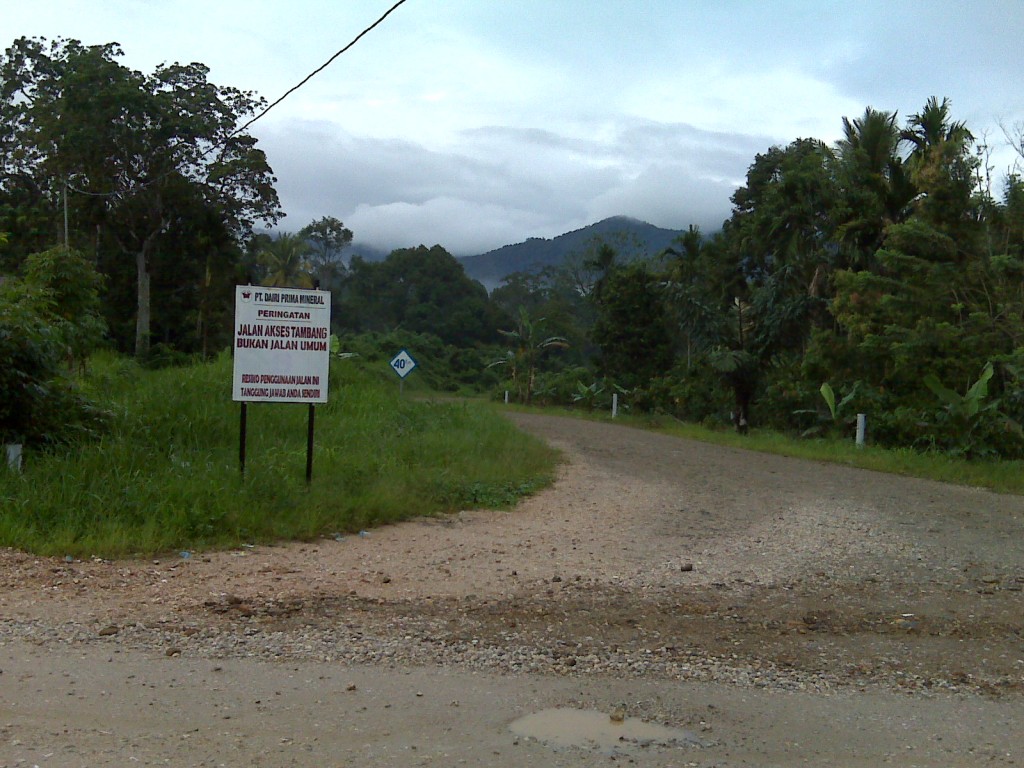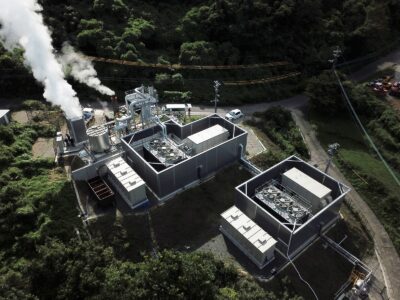Panax Geothermal secures $5 million in working capital for Indonesian projects
Panax Geothermal secures $5.2 million in working capital for corporate requirements and expenditures for its Indonesian geothermal projects over the next three years from New York-based Deer Valley Management.
Australian Panax Geothermal reports it “has secured A$5 million ($5.2 million) to provide working capital for its corporate requirements and expenditures for its Indonesian geothermal projects over the next three years.
The funds are provided under a Share Placement Facility provided by New York-based Deer Valley Management.
“We have been very pleased with the manner in which the negotiations of the transaction have been undertaken, and the ability of both Panax and Deer Valley to have finalised this transaction to a successful completion in recent days,” Panax managing director Kerry Parker said.
He added the facility would provide Panax with adequate working capital for corporate, liquidity, and project development purposes, during the coming period while Panax was continuing to finalise the securing of the final execution of the Power Purchase Agreements.
It will also enable the company to finalise its discussions and negotiations for required project financing for its Indonesian portfolio to a successful conclusion.
Share Placement Facility
Under the facility, Panax can draw on funds over the next three years and will issue Deer Valley shares at a 18.5% discount to the prevailing market price – as defined in the facility – in return.
The facility has no entry fees or transaction costs and Panax is able to terminate the Facility with mutual agreement prior to the end of the three year term, with no fees payable upon termination of the Facility.
Deer Valley is able to terminate the Facility if Panax has not drawn upon the Facility during the preceding 6 month period.
Sokoria and Dairi Prime
Panax and its local partner PT Bakrie Power, are poised to execute Power Purchase Agreements for the Sokoria and Dairi Prime geothermal projects in Flores and North Sumatra, both of which have planned initial electricity generation capacity of 30 megawatts each.
While the progress to execution of these documents has been slower than anticipated, lengthy meetings in Jakarta during mid to late October 2012 have revealed no impediments to execution, and that the process of execution of these documents through Indonesian Government electricity regulator PT PLN and relevant Indonesian Government departments is taking its course.
The finalisation of these agreements is a significant milestone for the company and will be the key to enable Panax to progress to finalising required project financing for these two projects.
Panax and its Indonesia partner PT Bakrie Power are targeting to start electricity production at Dairi Prima by late 2013, coinciding with the expected start of lead and zinc production from PT Dairi Prima Minerals’ Dairi Prima lead/zinc underground mine in North Sumatra.
Electricity produced at Sokoria will be sold to PLN.
Electricity tariff’s in Flores were recently increased by 20% to US$150 per megawatt hour while Panax expects the electricity pricing at its Dairi Prima project in North Sumatra to increase to $US170 per megawatt hour from the current US$150.
Panax has a 51% stake in Dairi Prima and 45% in Sokoria.
Ngebel
Progress has also being made on a PPA for the larger Ngebel project in East Java, which Panax is earning a 35% interest from Bakrie.
Plans are underway to increase initial generating capacity at the project to 220 megawatts, up from the current phased 165MW development due to the Indonesian Government’s growing demand for secure renewable energy.
The partners are also likely to be granted the rights to develop the transmission-related aspects of the Ngebel geothermal project in East Java, giving them an increased electricity tariff as well as increased certainty over the timing and deliverability aspects of the project.
To top it off, tariffs in Java are also expected to increase by about 33% to US$120 per megawatt hour.”
Source: Proactive Investors


















